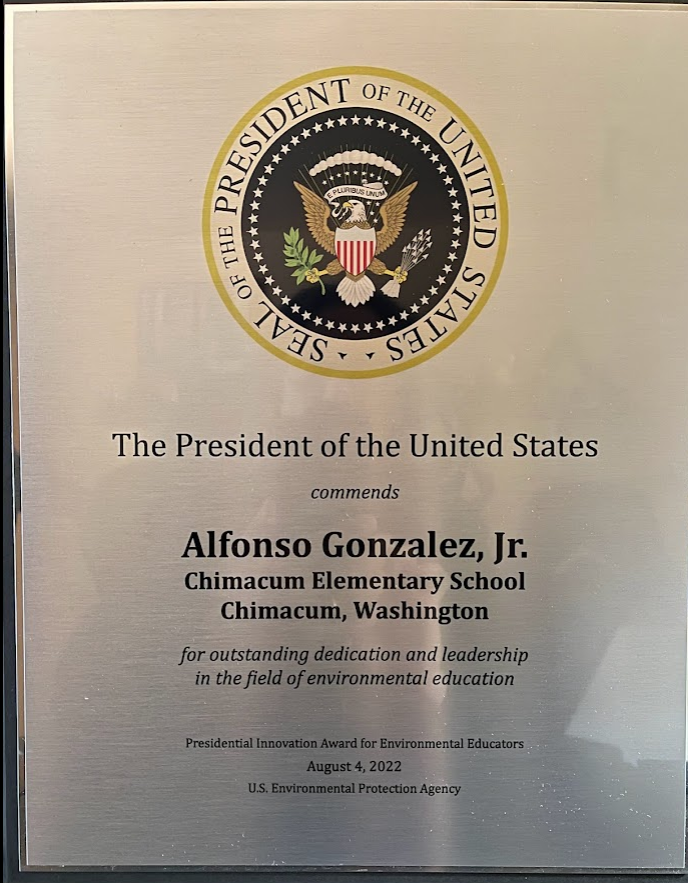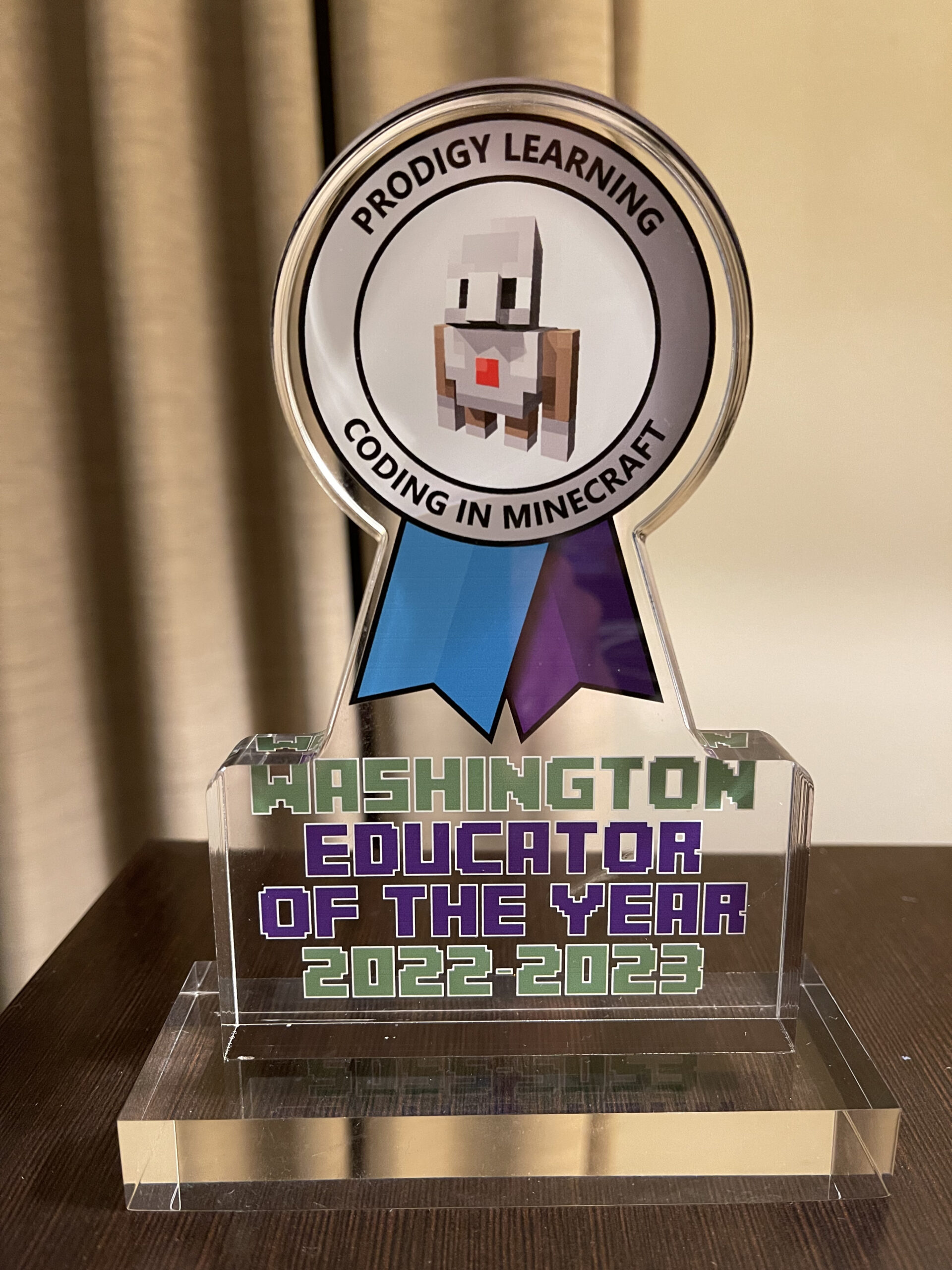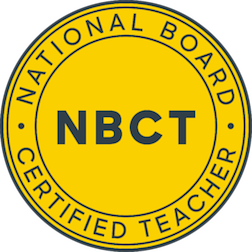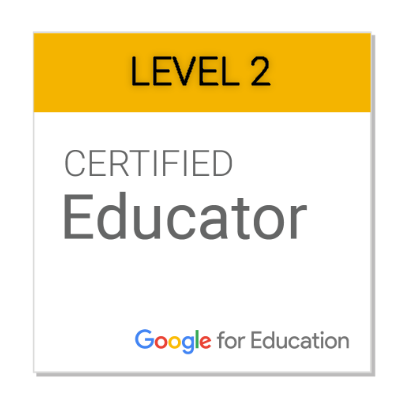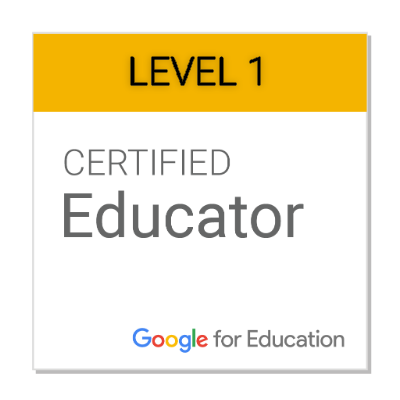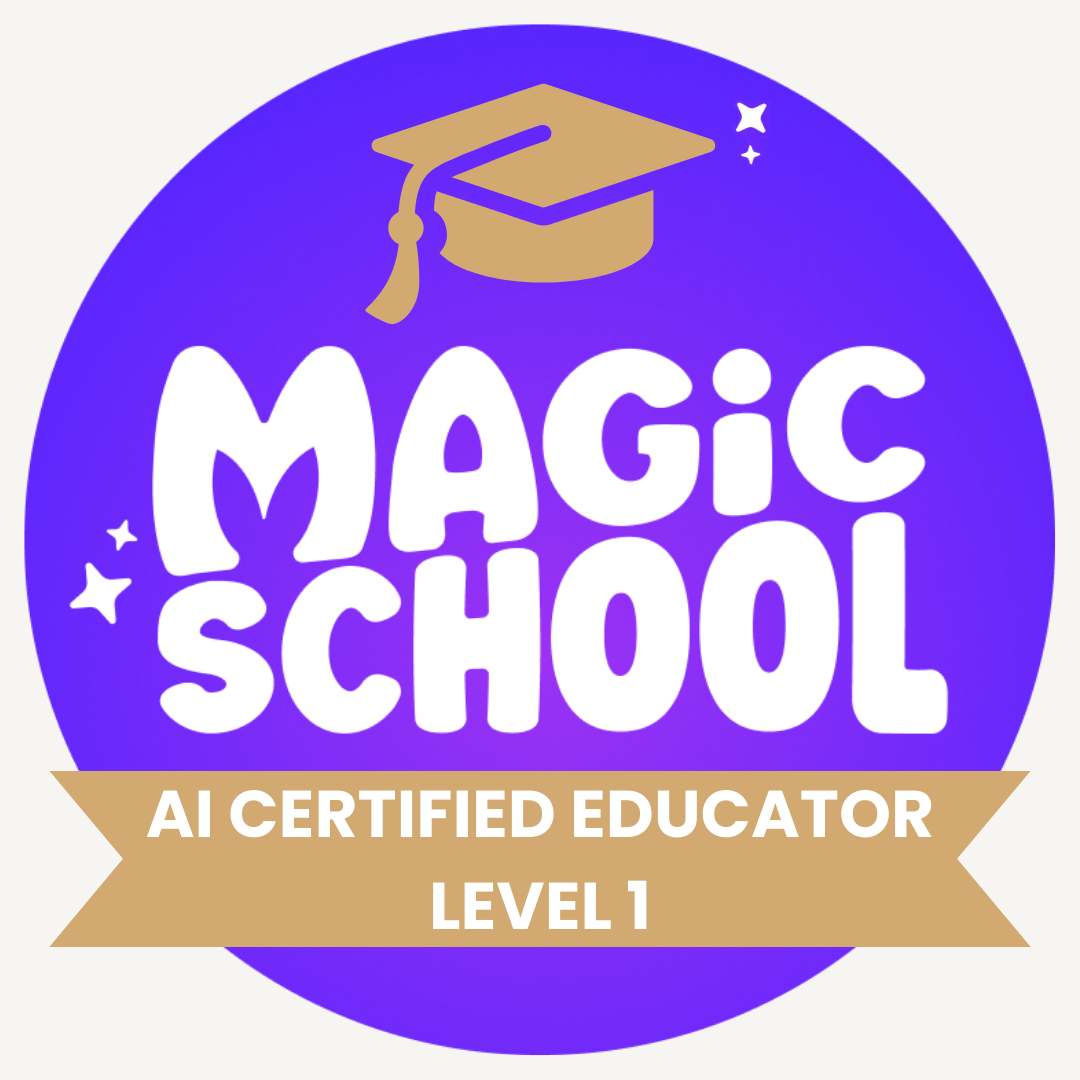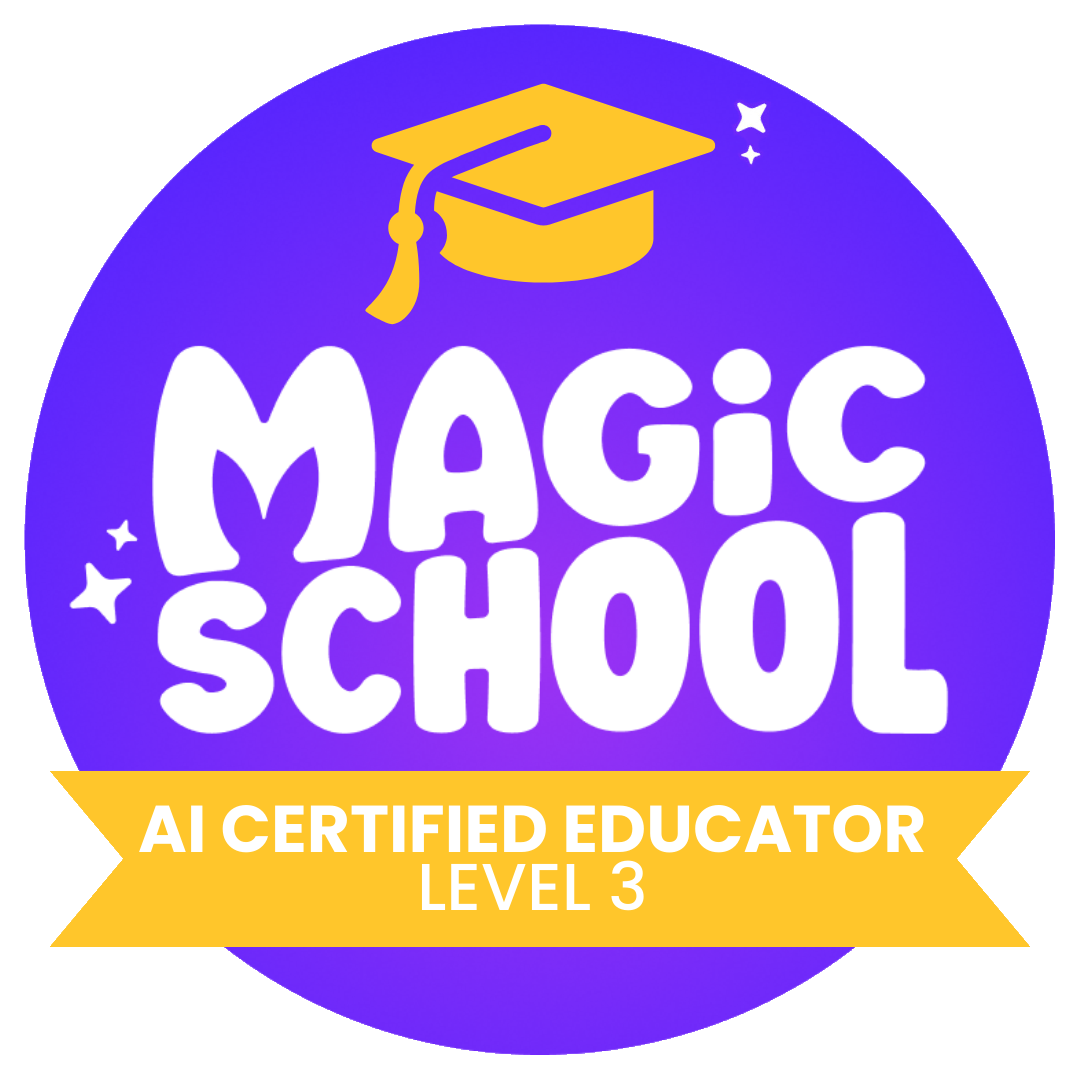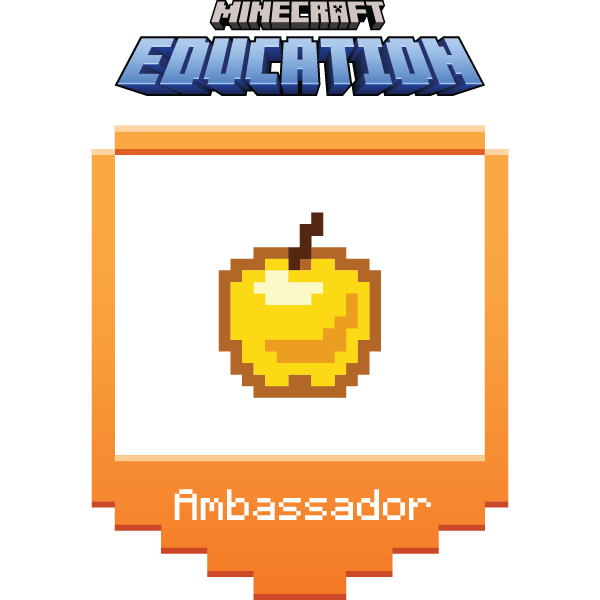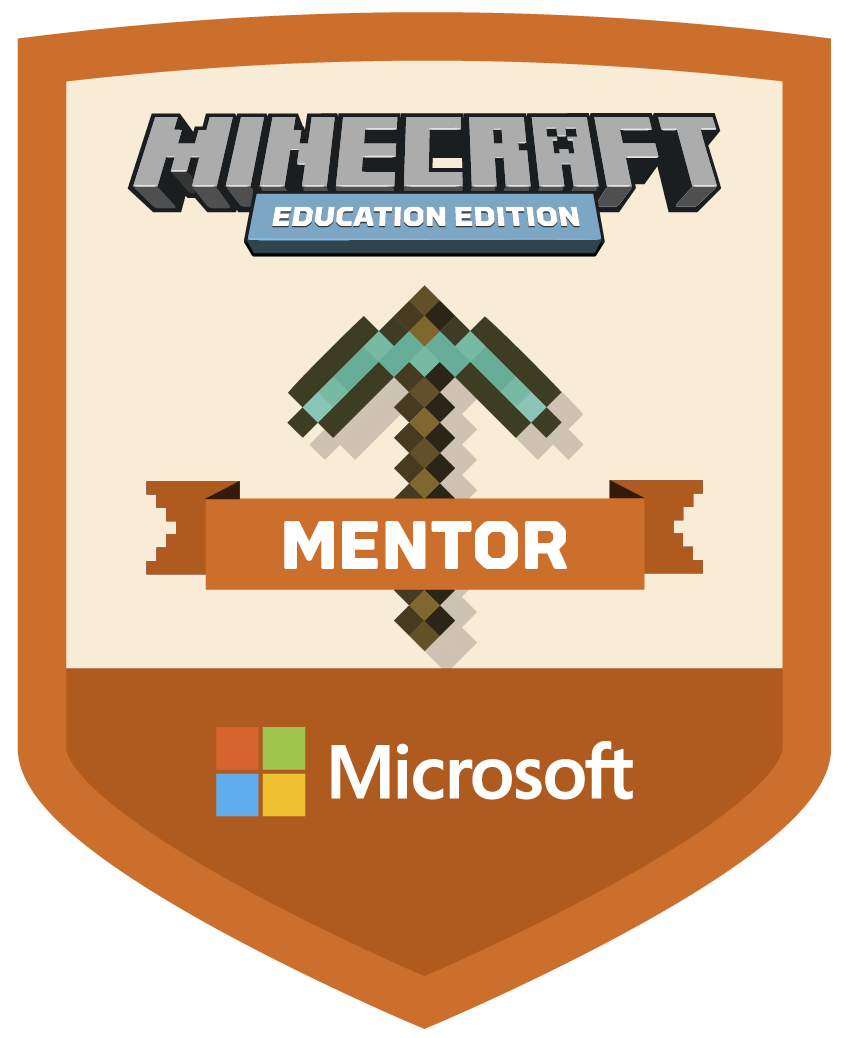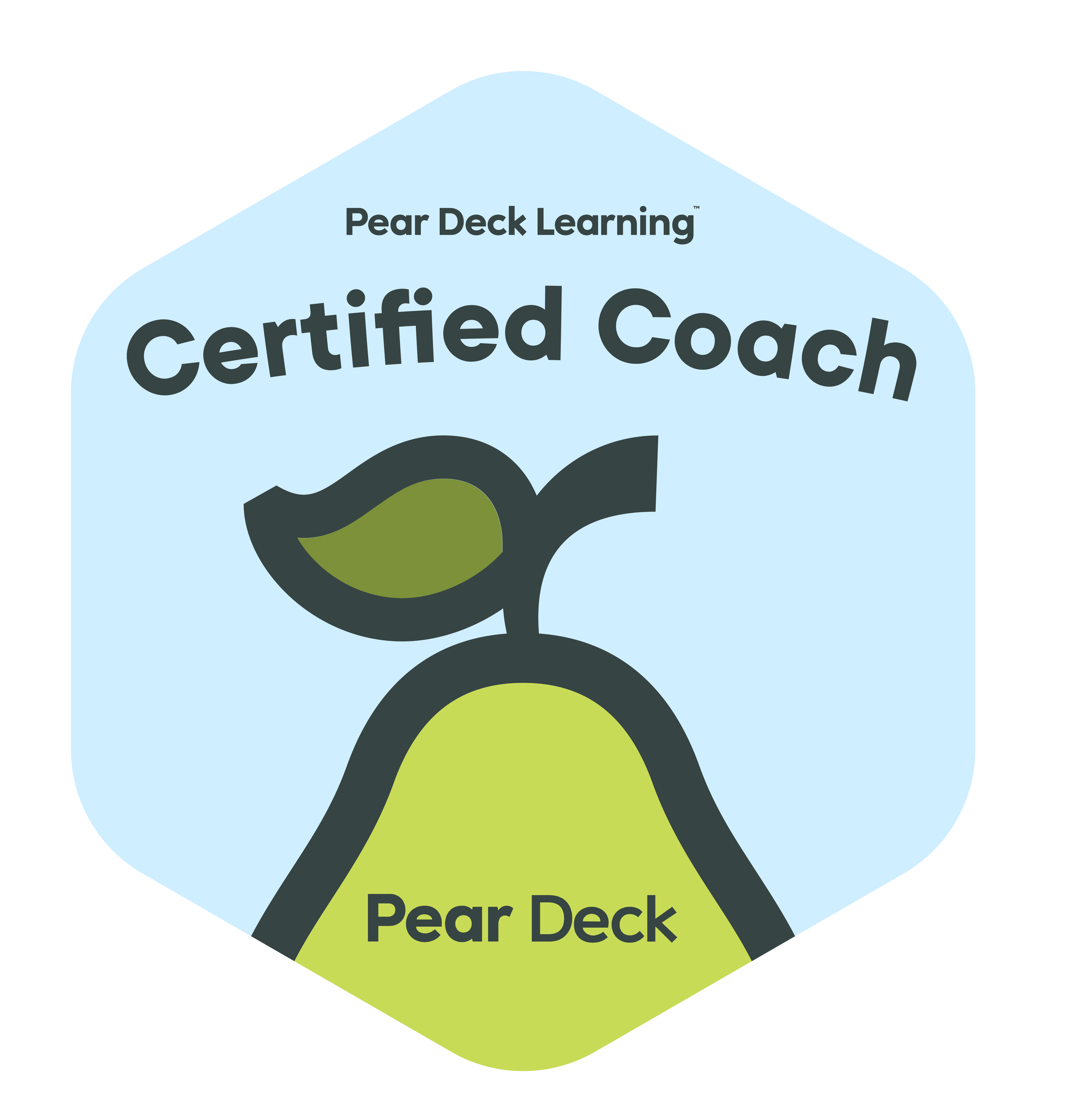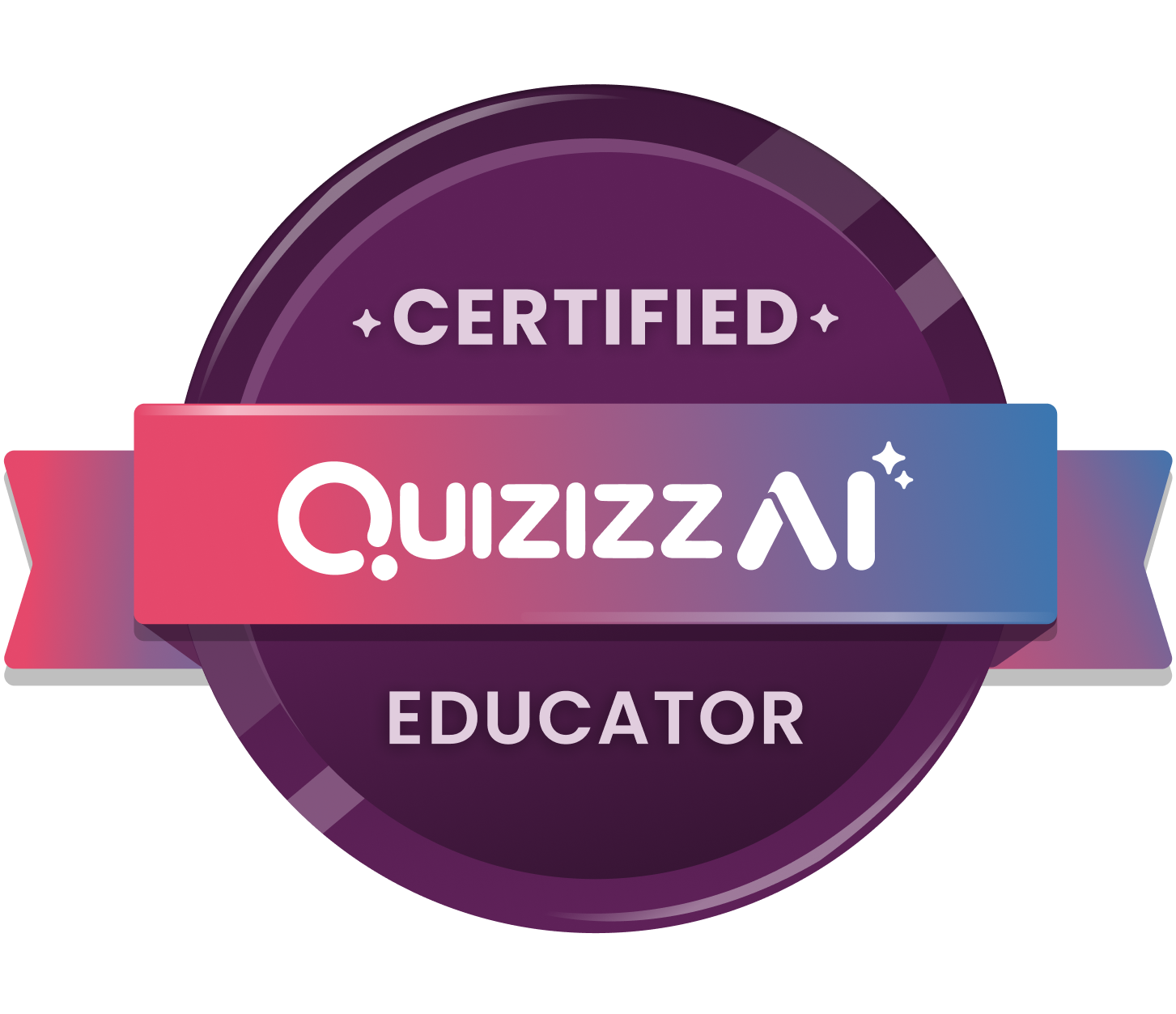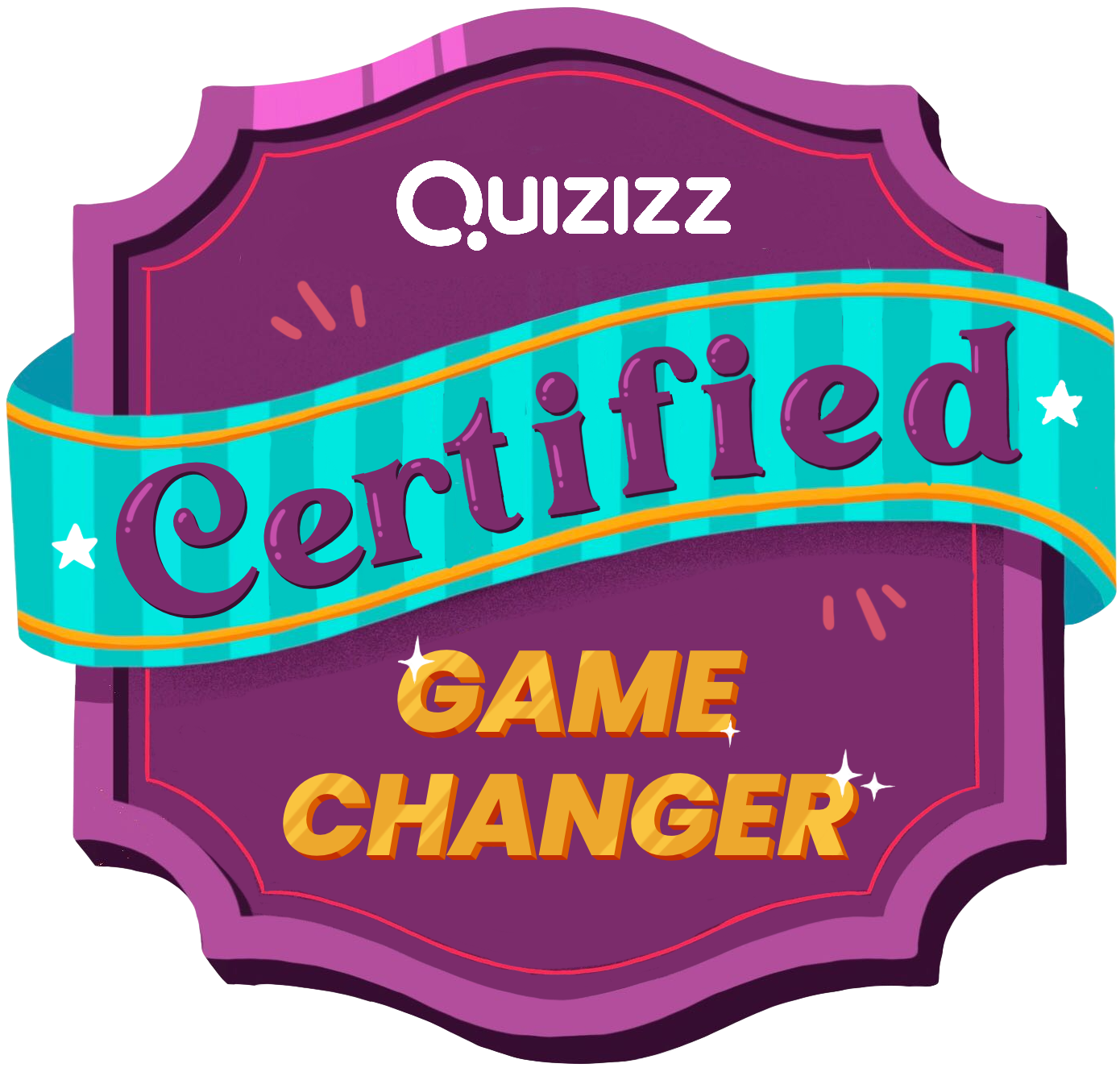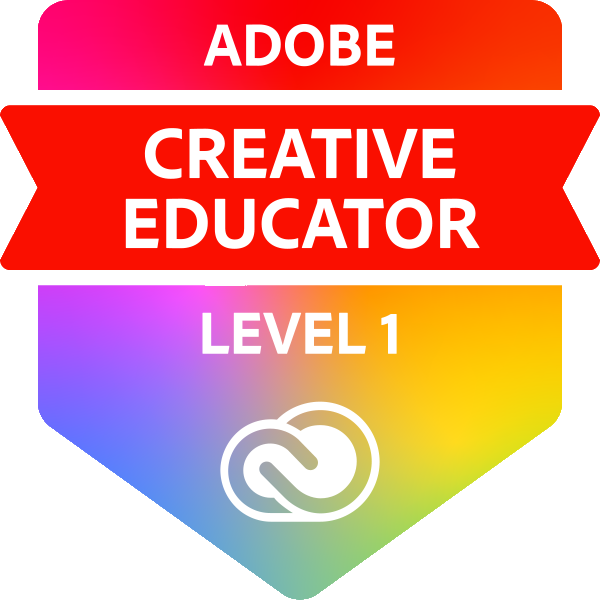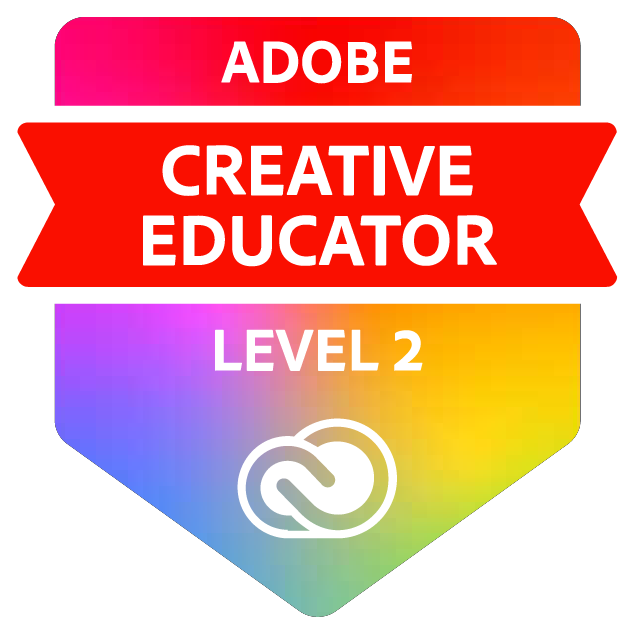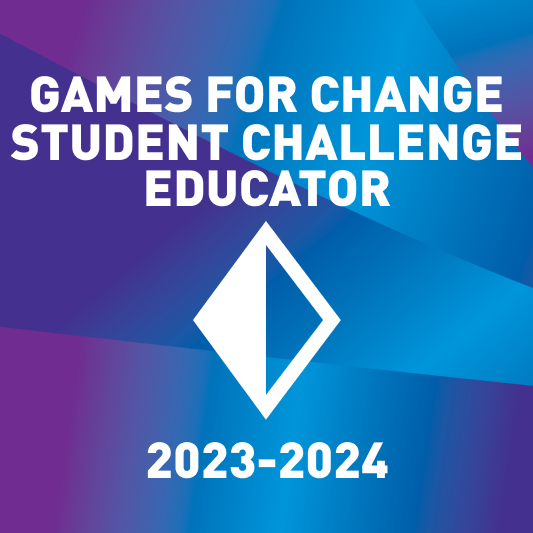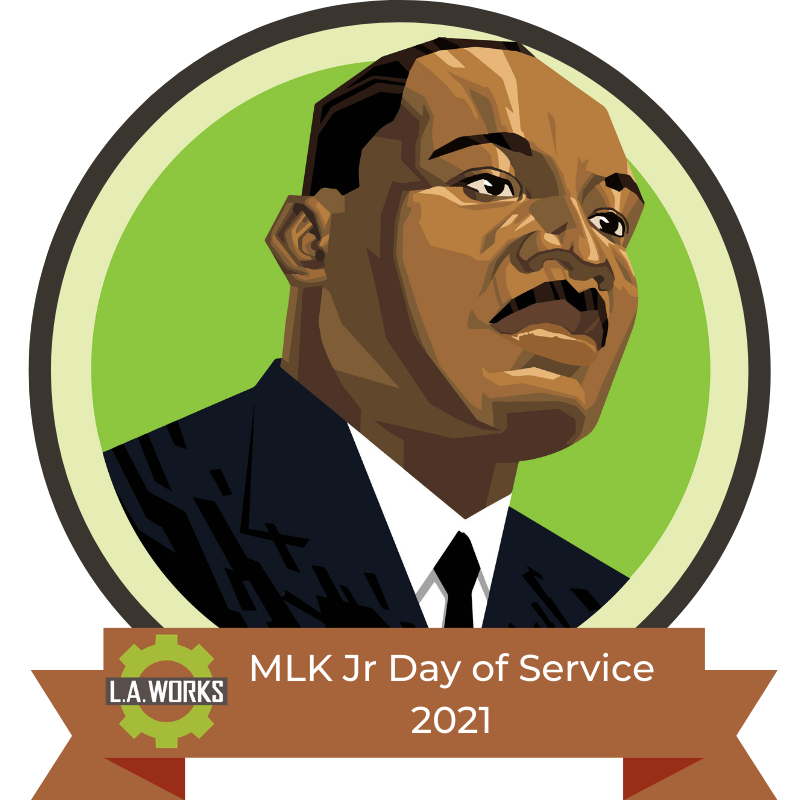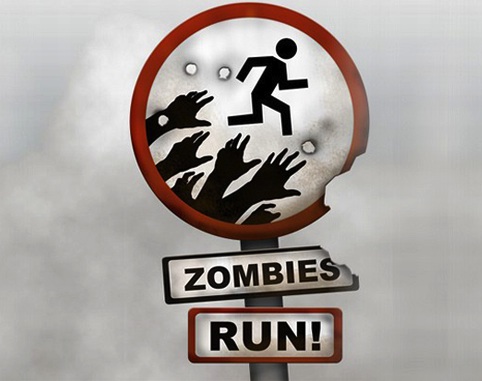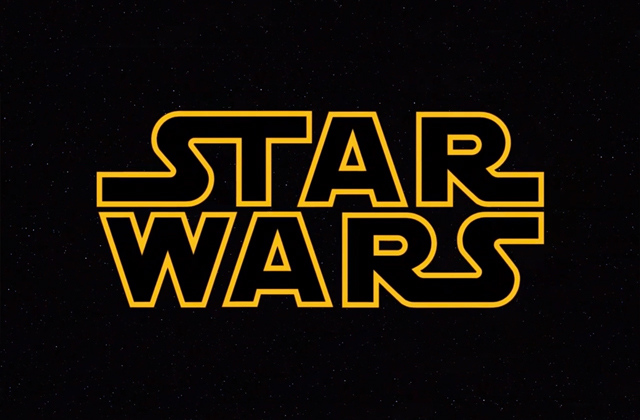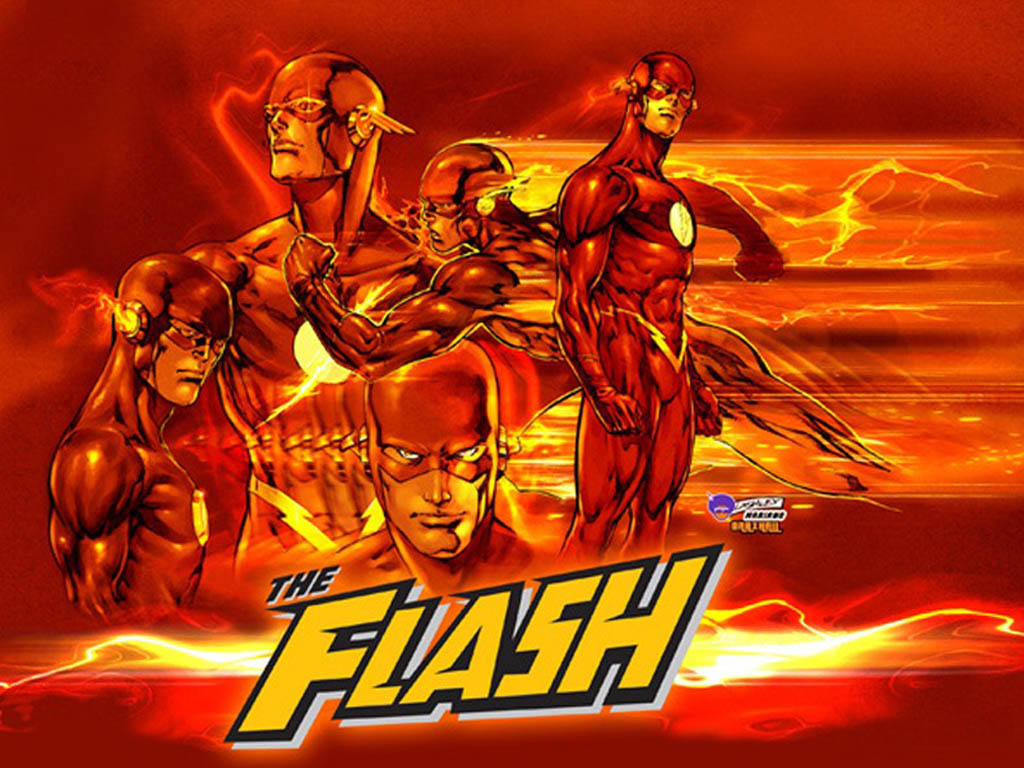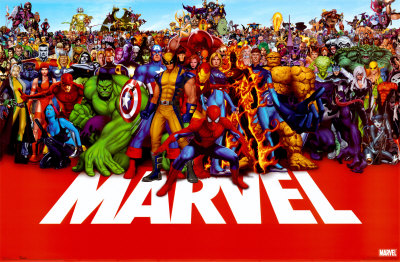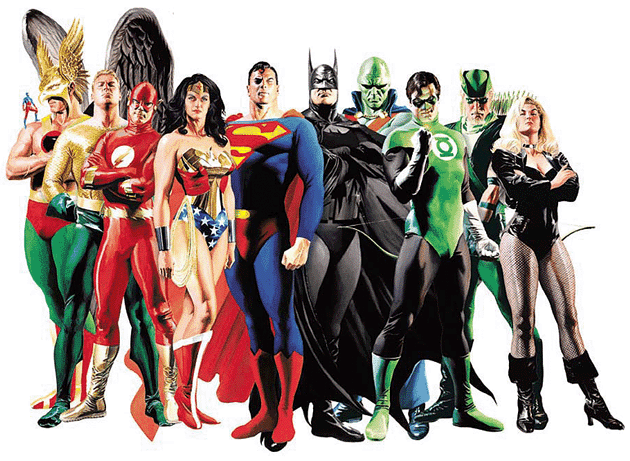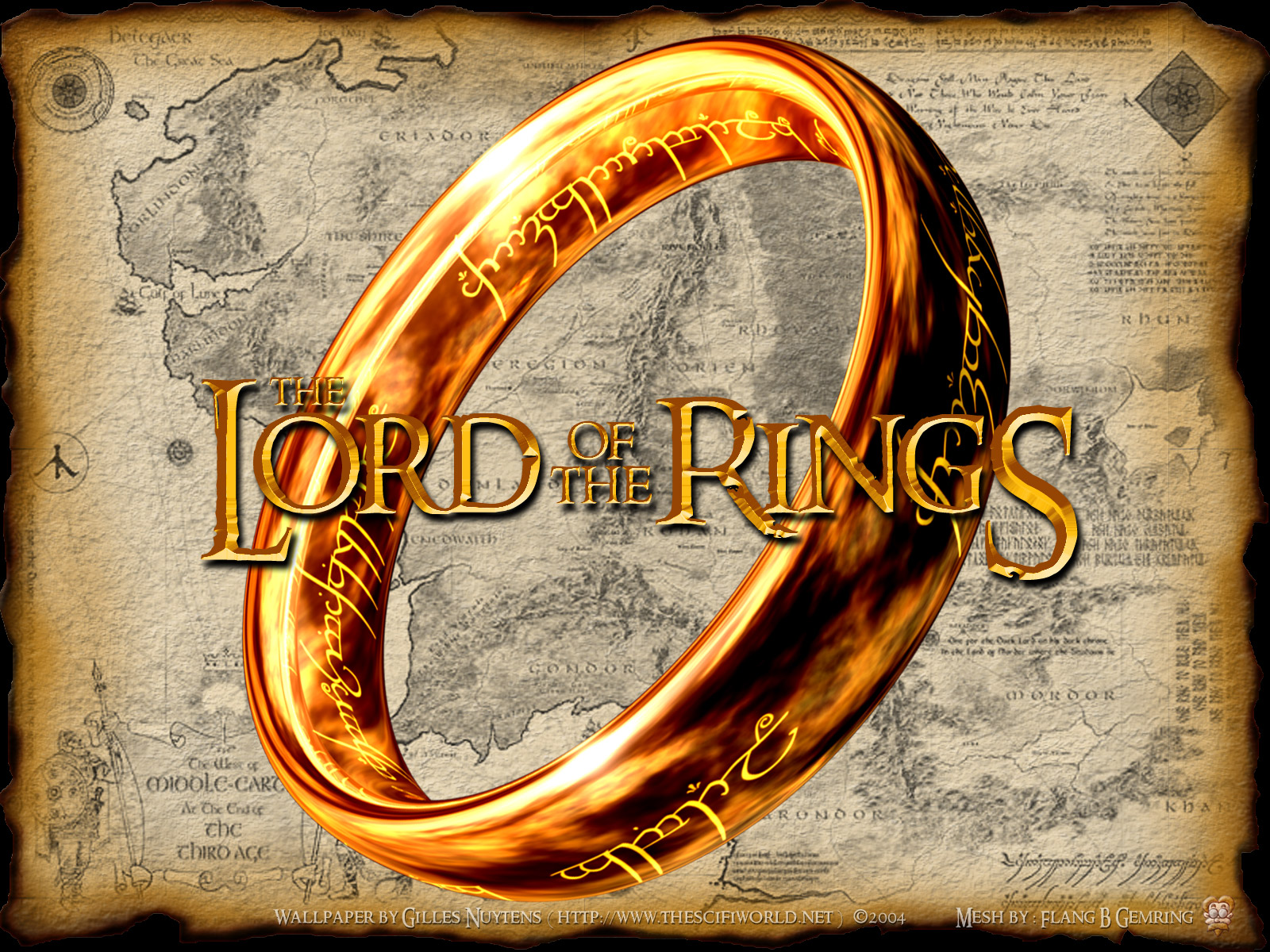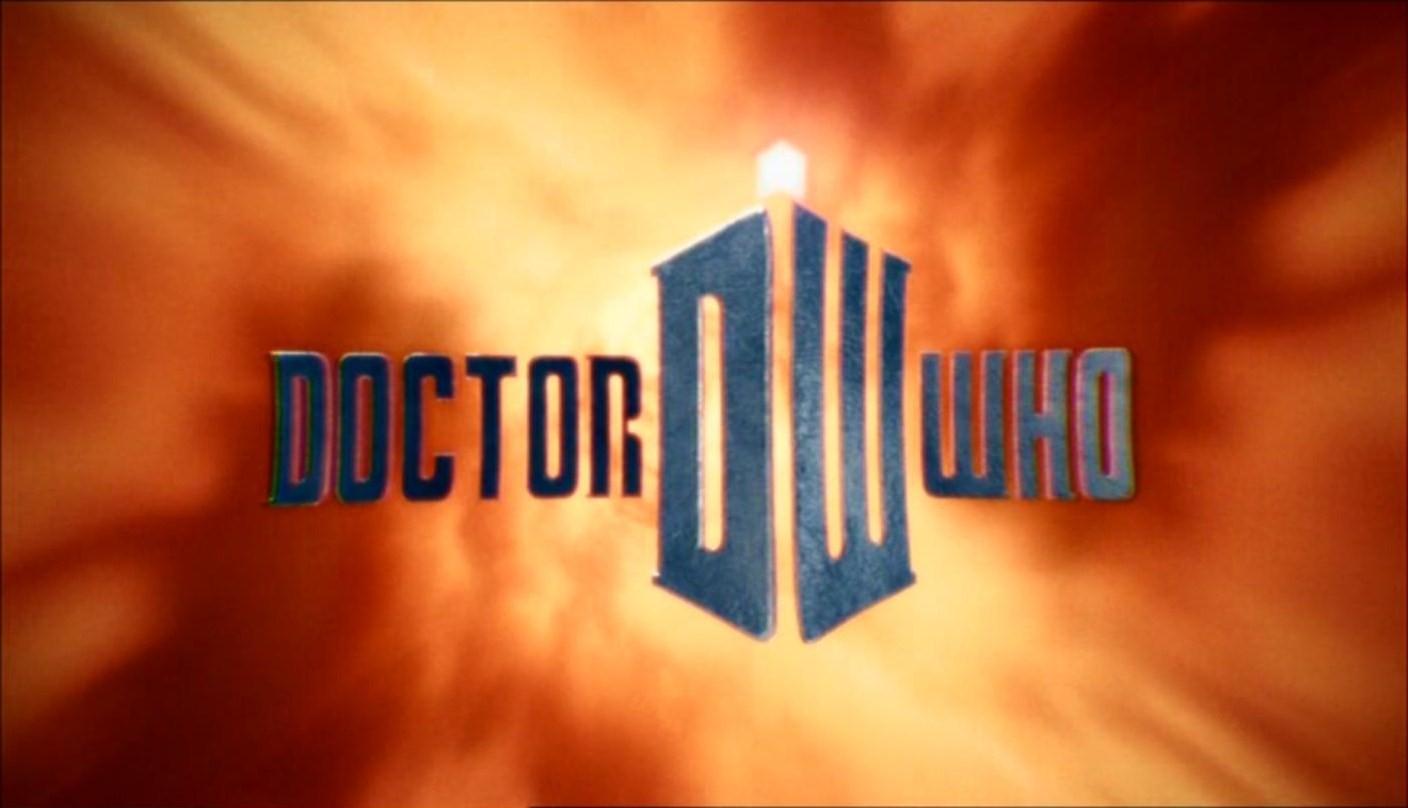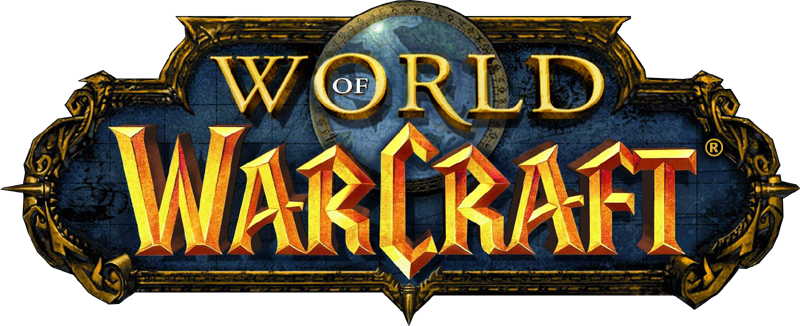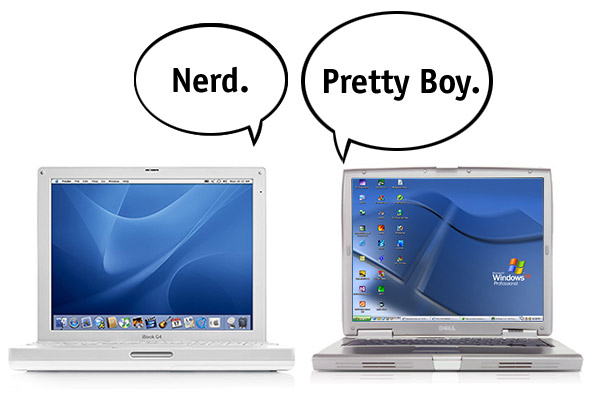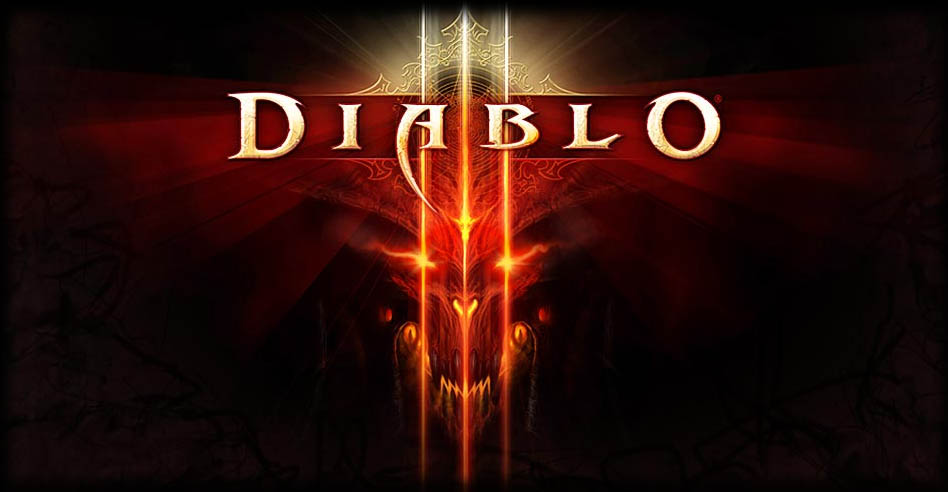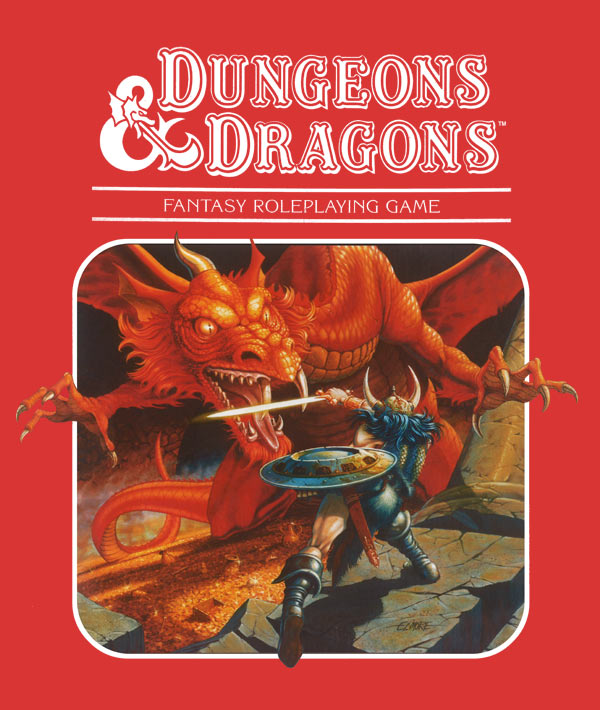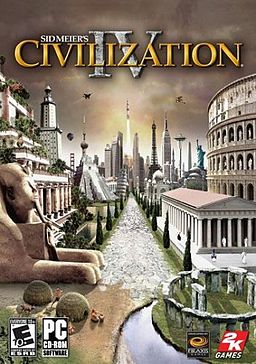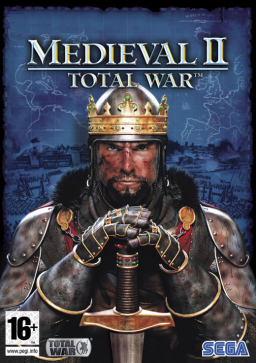I got an email from a student asking me if she could interview me for an essay she was writing for her English 102 class about video games in the classroom. After answering her questions I asked her if I could share my responses here and she said yes. Here’s what I wrote for her interview (this is why I love blogging, being able to connect with people and maybe even help out!):
Hi Rachel,
I don’t mind doing this interview over email. It’s easier for me to do it this way and I get to think about my answers. 🙂
Do you think that video games can teach students better than a traditional classroom? why?
I think video games can be used as one way of teaching. Video games are superior to the type of learning that goes on in a regular classroom in many ways even though video games should not replace all classroom learning. I just wanted to be clear about that. Video gaming in the classroom should be one more tool for learning, not the only tool. 🙂 First of all, video games create the perfect balance between challenging a player without frustrating the player to the point where he or she wants to quit. The way games do that is by learning from how the player plays the game. First of all video games include in-game tutorials often so that any player can learn how to play the game from level 1 without having to read a manual. Even when you play a board game you need to read the rules, in a video game you learn the rules by playing! If you can’t attack friendly troops you won’t be able to no matter how hard you try. As the player learns and levels up, every level becomes harder but not so hard that the player can’t figure out a way to beat it or that game won’t sell. Games also provide instant feedback that is near impossible for one teacher with 24 to 30 students. Students as players are constantly being informed as to how they are doing, what is working and what isn’t. Finally, games have built in rewards to keep players playing and interested in learning more and more to “beat” the game. For the reasons mentioned above video games are every engaging and motivating explaining why people of all ages will play games for hours and hours, day after day. I would love to see that kind of engagement and motivation in my classes! That being said, there aren’t enough high quality games for all the things kids need to learn in school. And even if there were, there are many things that kids need learn that should not involve computers and games.
How do video games help you to teach your students, and do you think they allow you to teach better lessons compared to a non-gaming classroom?
Here’s where I will make a distinction between playing video games to learn, Game-Based Learning vs using gaming techniques to make learning more like a game, Gamification. I am using both ways to motivate my students in different classes. So although there are video games that help my students learn different things a teacher can gamify his or her classroom and make it game-like without actually bringing in any games for kids to play. For those classes where teachers do bring in video games, the video games do all the things I mentioned above such as giving the students immediate and constant feedback, teaches the player how to play the game, increases the challenge so the game doesn’t get too easy while not being so difficult that the player gets frustrated and quits, provides incentives to either explore or level up either by experience points, badges, achievements, or better weapons and gear, and provides enough enjoyment that the player is motivated to play over and over again. Considering all those ways that games teach, they do allow a teacher to have better lessons that will work with all their students. Learning history, for example, from a history book isn’t as engaging as watching a movie. But even watching a movie isn’t as engaging as playing Civilization IV. Reading a book doesn’t really help kids understand what it was like during that time period or in that country. Watching a movie does a much better job of showing what it might have been like during a different time period and in different countries. Playing a game such as Civilization IV can help students think like people had to think during a different time period and see the consequences of their decisions. Total War also does that by allowing players to command troops during different battles throughout history.
What kind of games do you use to teach, and what lessons can be taught using those games?
Personally I have taught using gamification more than using games. So my class runs like a video game with experience points, leveling up, and earning badges for learning different concepts. In Science I have had students play the Simple Physics game to practice building different structures and testing them. I tried using Spore to teach evolution, which was a great game for that but it took too long to play and get the creature to evolve so I stopped using it. This year I have gotten to use World of Warcraft to have students learn about the journey of a hero. Using World of Warcraft in school takes the place of reading a book, although the course does include reading The Hobbit, to have students improve their reading and writing skills by analyzing their character, his or her journey, and writing about that journey. It’s a highly engaging course and kids love it. They don’t feel like they are doing school yet they are all learning and gaining practice in many skills such as connecting, collaborating, communicating, reading, writing, discussing, and blogging. The kids get completely immersed in a virtual world just as if we were reading a book but instead of reading what happens to the hero they are in charge of choosing what happens to the hero.
Feel free to ask me any follow up questions if they come up.
Mr. Gonzalez


